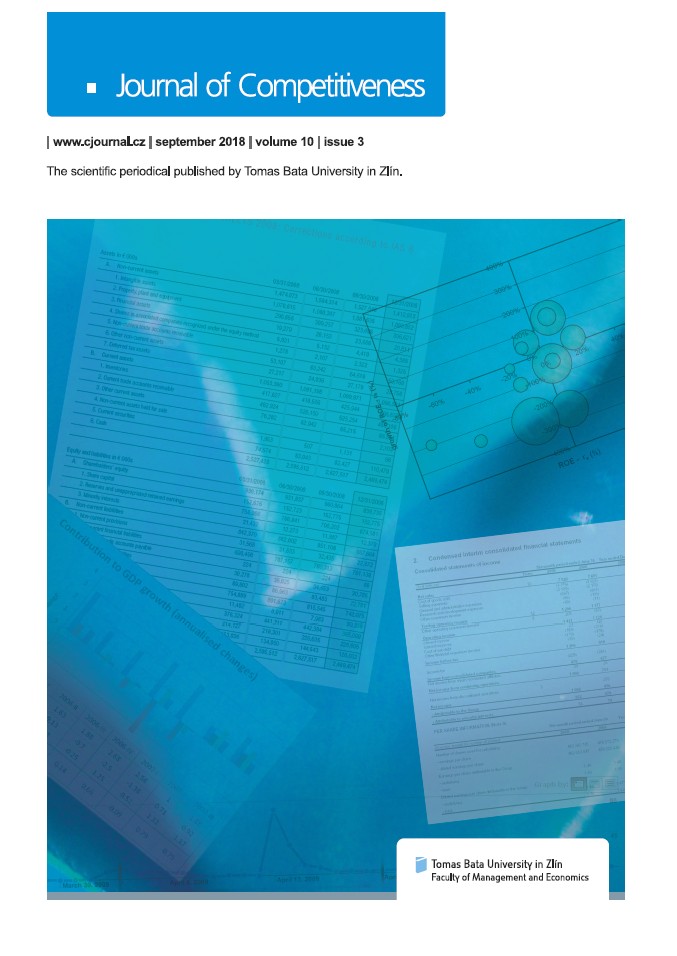Deep Ranking Analysis by Power Eigenvectors (DRAPE): Linking Sustainability and National Competitiveness
IF 4.4
1区 管理学
Q2 BUSINESS
引用次数: 0
Abstract
There has been limited research on integrating sustainability factors into indicators of global competitiveness among nations. Extant measures of macroeconomic competitiveness focus inadequate attention on the relative importance and interdependences among economic, social, and environmental factors and often their aggregation method. The primary objectives of this study were to explore the interrelations of economic competitiveness and sustainability while integrating the economic and sustainability performance indicators of the Global Competitiveness Index (GCI) and the Global Sustainable Competitiveness Index (GSCI) to create more accurate rankings of countries in both dimensions. Deep Ranking Analysis by Power Eigenvectors (DRAPE) with Variable Clustering (VARCLUS) was applied to associate multiple and conflicting economic and sustainable competitiveness criteria. Consequently, economic competitiveness and mainly institutional environment and innovation capabilities tend to couple with a higher degree of sustainability. However, improving and refining sustainable competitiveness may be vulnerable to environmental issues and resource scarcity, but further socio-economic dimensions must also be considered. The outcomes demonstrate the leadership of the Scandinavian countries and Switzerland, which are all competitive as well as sustainable. This research may extend and inspire further studies and government interventions that adopt more comprehensive approaches to assessing global competitiveness.基于功率特征向量的深度排名分析:可持续性与国家竞争力的联系
将可持续性因素纳入国家间全球竞争力指标的研究有限。现有的宏观经济竞争力措施对经济、社会和环境因素之间的相对重要性和相互依赖性以及它们的综合方法关注不够。本研究的主要目的是探讨经济竞争力和可持续性的相互关系,同时整合全球竞争力指数(GCI)和全球可持续竞争力指数(GSCI)的经济和可持续性绩效指标,以在这两个维度上建立更准确的国家排名。将功率特征向量深度排序分析(DRAPE)与变量聚类(VARCLUS)应用于关联多个相互冲突的经济和可持续竞争力标准。因此,经济竞争力(主要是制度环境和创新能力)往往与较高的可持续性相耦合。然而,改善和改进可持续竞争力可能容易受到环境问题和资源短缺的影响,但还必须考虑到进一步的社会经济方面。这些结果显示了斯堪的纳维亚国家和瑞士的领导地位,这些国家既具有竞争力,又具有可持续性。本研究可以延伸和启发进一步的研究和政府干预,采用更全面的方法来评估全球竞争力。
本文章由计算机程序翻译,如有差异,请以英文原文为准。
求助全文
约1分钟内获得全文
求助全文
来源期刊

Journal of Competitiveness
Multiple-
CiteScore
11.30
自引率
2.70%
发文量
33
审稿时长
12 weeks
期刊介绍:
The Journal of Competitiveness, a scientific periodical published by the Faculty of Management and Economics of Tomas Bata University in Zlín in collaboration with publishing partners, presents the findings of basic and applied economic research conducted by both domestic and international scholars in the English language.
Focusing on economics, finance, and management, the Journal of Competitiveness is dedicated to publishing original scientific articles.
Published four times a year in both print and electronic formats, the journal follows a rigorous peer-review process with each contribution reviewed by two independent reviewers. Only scientific articles are considered for publication, while other types of papers such as informative articles, editorial materials, corrections, abstracts, or résumés are not included.
 求助内容:
求助内容: 应助结果提醒方式:
应助结果提醒方式:


